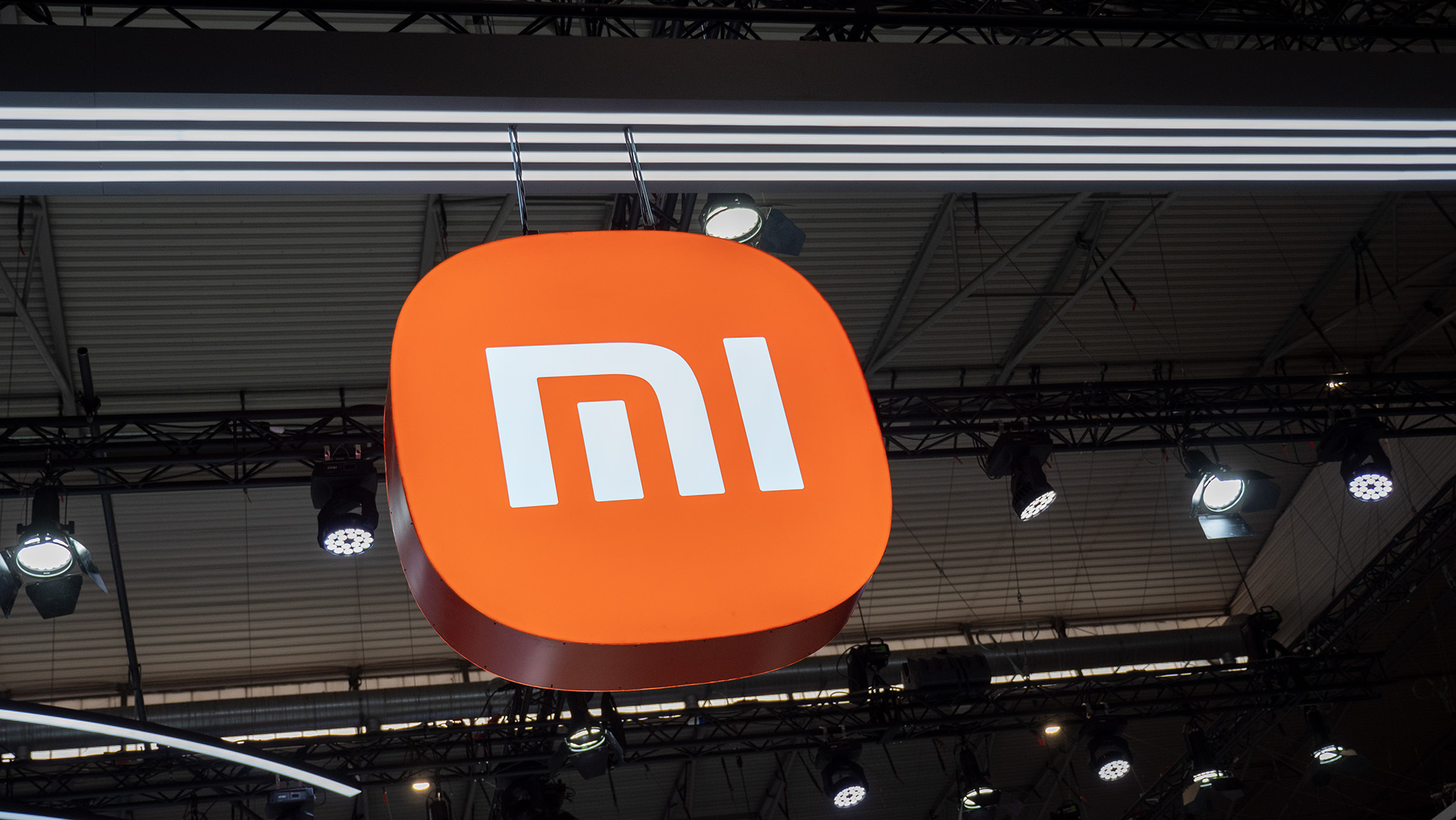The Pixel Watch 2 is the casual fitness watch I've been waiting for
Fitness felt more like an afterthought on the first Pixel Watch. This generation, Google did almost everything right.
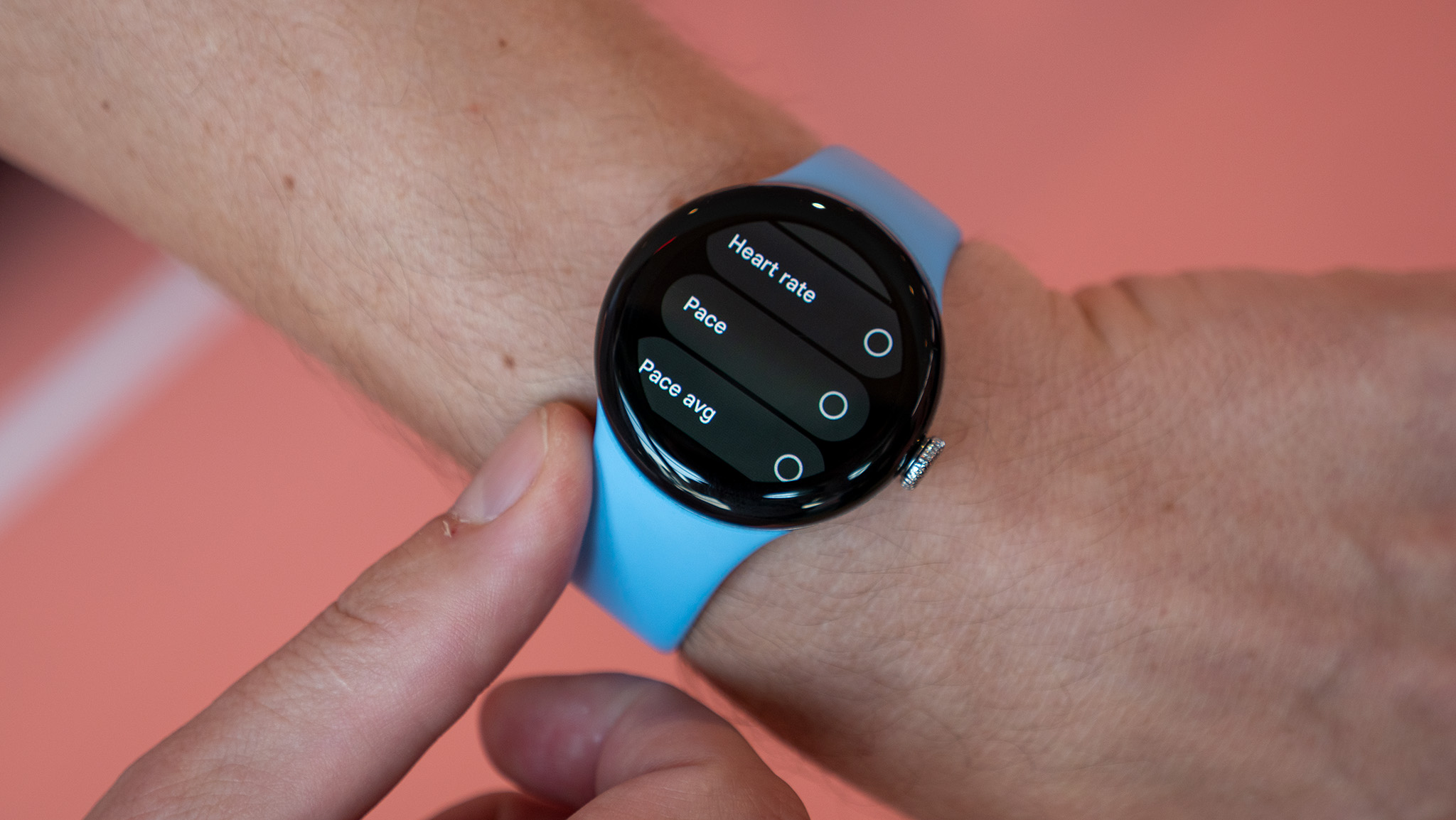
As long as I've been testing smartwatches, I've waited for one that bridges the gap between a watch designed for fitness and a true smartwatch that treats fitness as a secondary concern — something to be checked off a feature list. The Pixel Watch 2 may not strike that balance perfectly... but it's about as close as I could hope for.
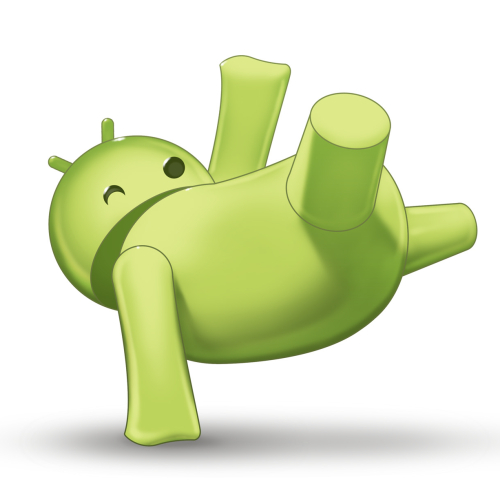
In his weekly column, our Senior Editor of Wearables and Fitness Michael Hicks talks about the world of wearables, apps, and fitness tech related to running and health, in his quest to get faster and more fit.
I'm not the only one looking for this mythical Goldilocks watch: I've heard from readers who tell me they're tempted by Garmin watches but can't get past the dumbed-down interface compared to Wear OS or Apple's watchOS. At the same time, plenty of athletes I know would never even consider a traditional smartwatch because of the terrible battery life and cursory fitness tools.
The only exception thus far could be the Apple Watch Ultra 2, with its smarts combined with a fitness focus. But beyond the Ultra 2's painfully high price tag, Apple just hasn't reached the level where it can take your fitness and health data and provide actionable recommendations like a Garmin or Fitbit watch.
That's why I'm thrilled that Google put plenty of effort into making the Pixel Watch 2 a proper Fitbit smartwatch instead of a smartwatch that happens to have Fitbit — which is how I perceived the original Pixel Watch.
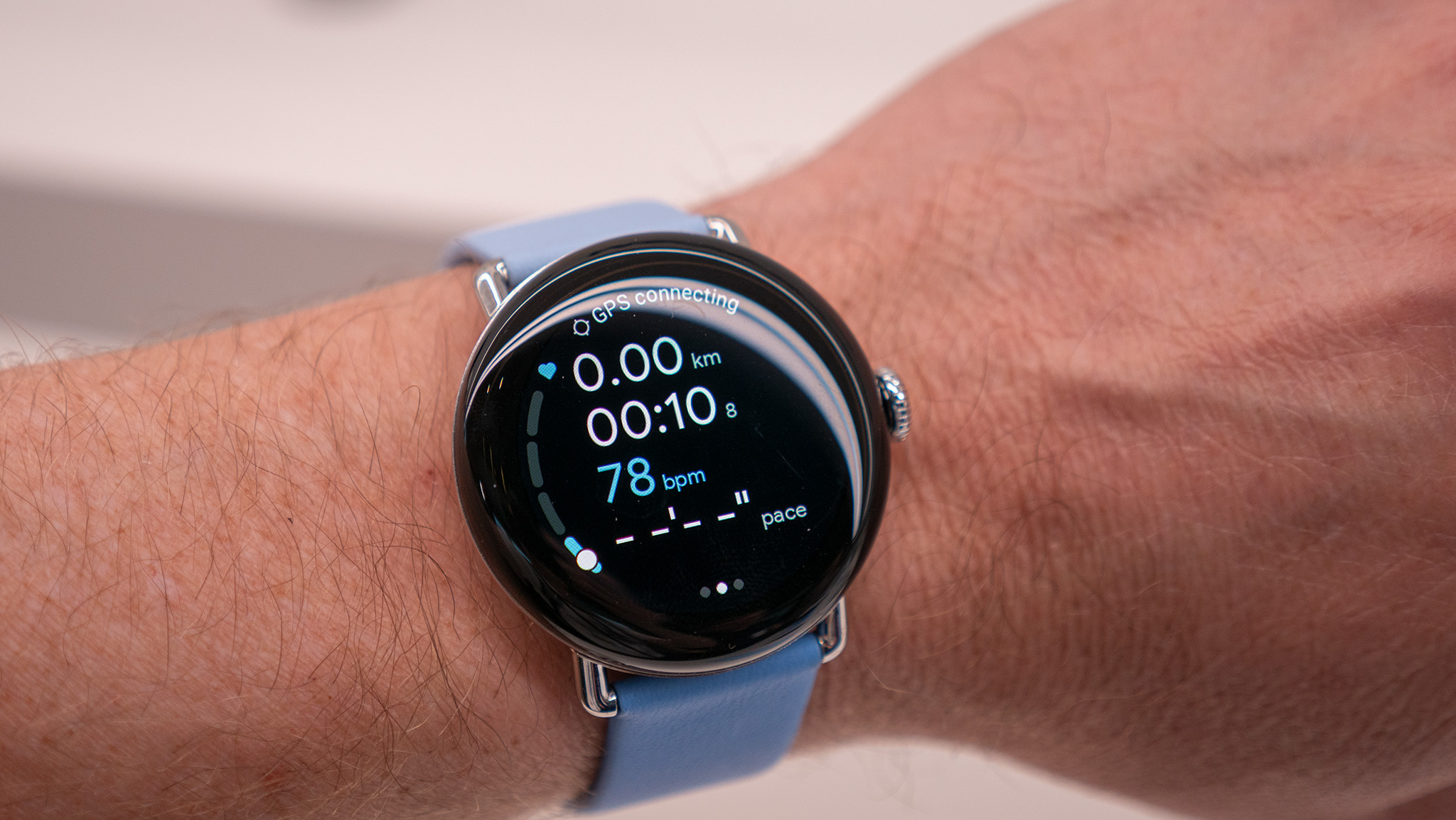
The Pixel Watch 2 certainly doesn't have the look of a typical rugged fitness watch. Its stylish round-edged display looks fantastic in person, but the lack of an elevated bezel means you're relying a lot on its Gorilla Glass 5 protection — or an unsightly screen protector — in case of falls or scrapes.
Beneath the surface, the Pixel Watch 2 is, essentially, a smarter Fitbit Sense 2, with all of the health sensors to give the Fitbit algorithm a holistic look at your health and sleep recovery — and none of the Sense 2's flaws.
Google's revamped multi-path heart rate module lived up to expectations in our initial fitness tests.
New sensors for Fitbit Body Response and skin temperature bring the Watch 2's health data on par with what the Galaxy Watch 6 offers, except for body composition readings, which I've found to be too inaccurate to rely on. With Fitbit Premium, the Pixel Watch 2 packages that data in a more useful way than what I've found in Samsung Health. Google Assistant also makes that data more accessible now, letting you ask specific questions about your health data without having to look in the app.
Be an expert in 5 minutes
Get the latest news from Android Central, your trusted companion in the world of Android
Plus, the redesigned multi-path heart rate module is supposed to deliver 40% more accurate heart rate readings during strenuous activities. I intend to do a proper review of this for myself, but for now, I asked my colleague to test the Pixel Watch 2 against the Galaxy Watch 6 and the original Pixel Watch during separate fast-paced workouts. His preliminary results indicated that the Watch 2 is more responsive at reacting to your climbing heart rate than the other two. So far, so good.
Rounding out the list of new fitness tricks, Google added new automatic workout detection for seven activities, target heart zone workouts with visible data on your wrist, and a "Personal AI" to answer fitness questions, similar to Amazfit's Zepp AI coach. I'm curious to see just how reliable this Google Bard chatbot will be.
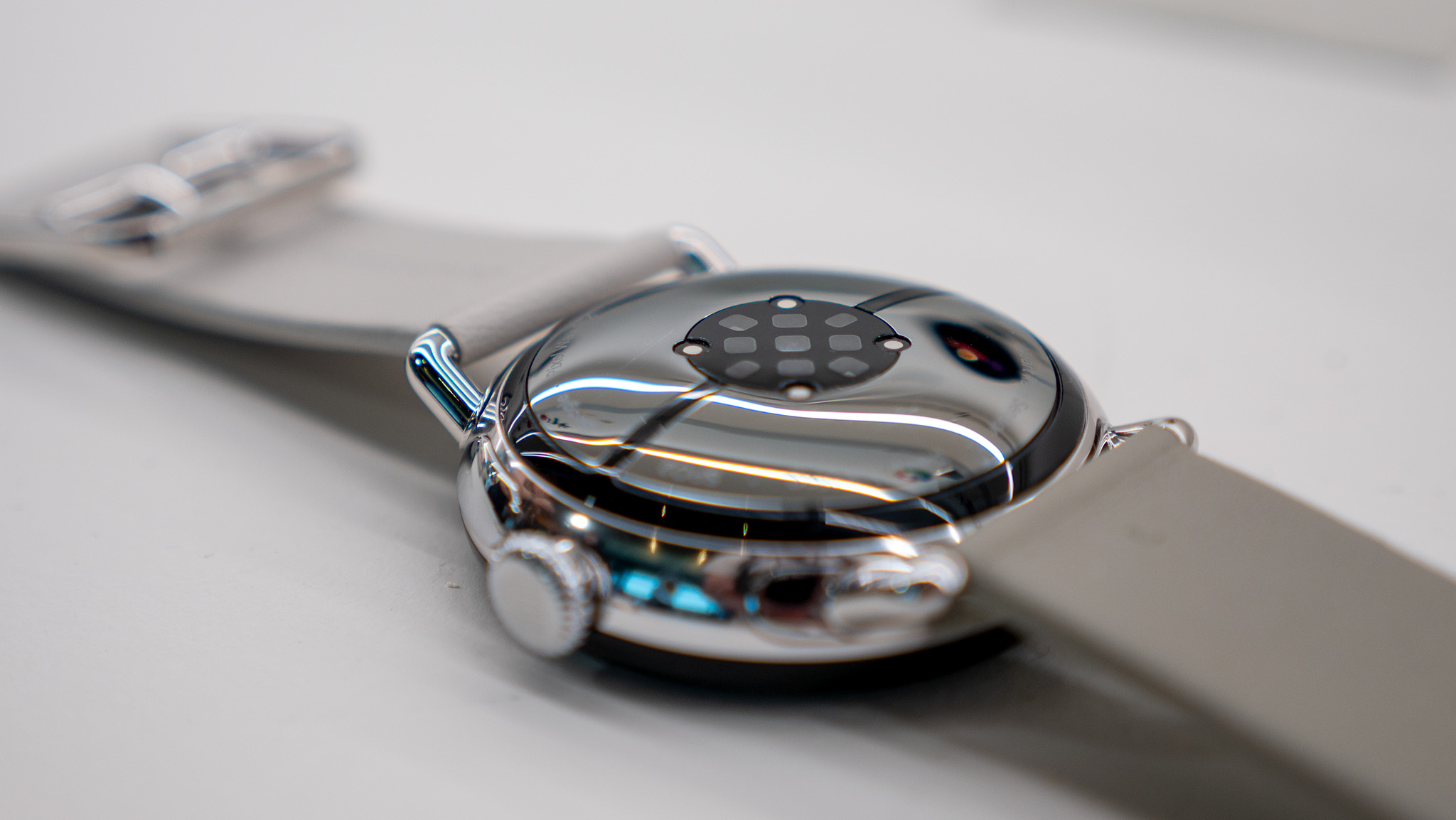
It's clear that Google took proper advantage of Fitbit with this generation. Whether the Pixel Watch 2 properly joins the list of best fitness smartwatches depends on a few key factors, in my mind: battery life, GPS accuracy, and Fitbit's software.
The new Snapdragon W5 Gen 1 chip is rated to deliver 24 hours of battery life on the Pixel Watch 2 with AOD active, along with 8 to 10 hours of GPS tracking from a full charge.
I believe the first claim, but consider me skeptical that its 306mAh battery can last that long except in rare circumstances, just like I doubt the Apple Watch Series 9 can last its 7-hour estimate. Aside from the Galaxy Watch 5 Pro, I've yet to see a lifestyle watch battery that doesn't crumble under the demands of satellite data.
For casual fitness, you only really need one or two hours of GPS tracking at a time, perhaps combined with some music streaming; so long as the Pixel Watch 2 lives up to that, most people will be fine. If it really can last longer, that's something Fitbit fans will pay attention to since most Fitbits have about a five-hour GPS-tracking max.
Will Google use its Maps knowledge to make the Pixel Watch 2 more accurate?
The next pain point comes down to accuracy. I harped on Apple for not adding dual-frequency GPS tracking to its Series 9, and that same disappointment transfers over to the Pixel Watch 2. We'll see if Google can surprise us in this area.
GPS-only watches are just hard to rely on. Even if your heart rate data is accurate, the algorithm connects it with inaccurate distance data and then misjudges your level of effort and fitness. You need multiple satellite angles to ensure that nearby buildings, foliage, atmospheric errors, and other obstructions don't ruin your results.
What's interesting to me is that Apple has its newer watches connected to Wi-Fi access points and cell tower locations during runs to get a rough idea of your location beyond GPS data; after that, it uses Apple Maps data to correct inaccurate GPS data that strays into inaccessible areas.
It's a cool algorithmic trick, and I can think of only one obvious company that could do it better: Google! There's nothing to suggest that the Pixel Watch 2 uses Google Maps data, of course, but Google Maps is probably the most trusted mapping platform in the world, and Google can (and should) find a way to take advantage of it. Maps would give Fitbits a reputation for reliable tracking without battery-draining satellite data.
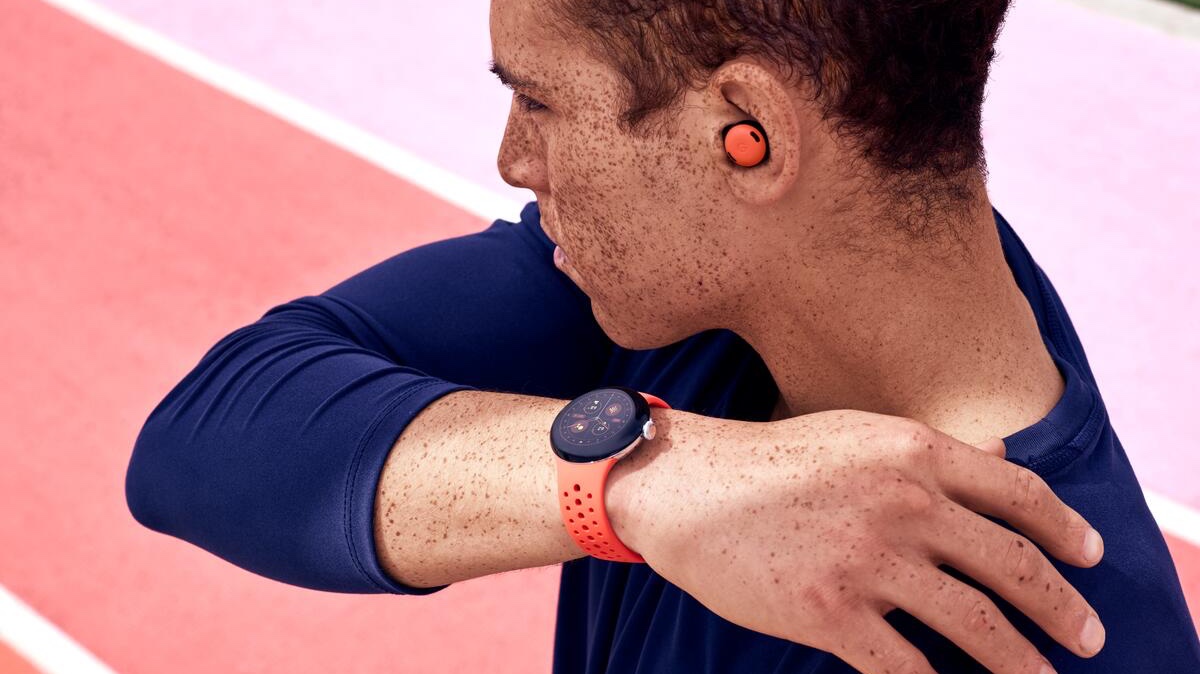
Rounding out my personal Pixel Watch 2 wishlist, its success depends on how well Fitbit as a brand can regain people's trust, something I wrote about a couple of weeks back. Even if this new watch shows the benefits of the Google acquisition, long-time Fitbit fans have plenty of gripes with the lack of new features over the last couple of years.
The redesigned Fitbit app is just the start because it just repackages what was already available. My hope is that Google uses its resources to give Fitbit a more substantial tune-up with new pro workouts, more robust training recommendations linked to Daily Readiness, and more.
Because once the Pixel Watch 2's six-month free trial ends, a lot of people will let it lapse unless they have a particular reason to follow their health data closely. My hope is that Google will look at the success of Apple Fitness Plus, with its thousands of at-home workouts, and invest more to make the Fitbit brand stand out more — both for indoor and outdoor athletes.
We'll see what plans Google has in store to update the Pixel Watch 2 after it hits stores on October 12. But even if it doesn't deliver in the areas I want, it's probably okay. I'm looking at it from the perspective of a Garmin watch wearer who prioritizes fitness over smarts. For casual users who want a smartwatch first and foremost, it's enough that Google is making fitness tools more accessible on a device that holds nothing back for everyday smarts.
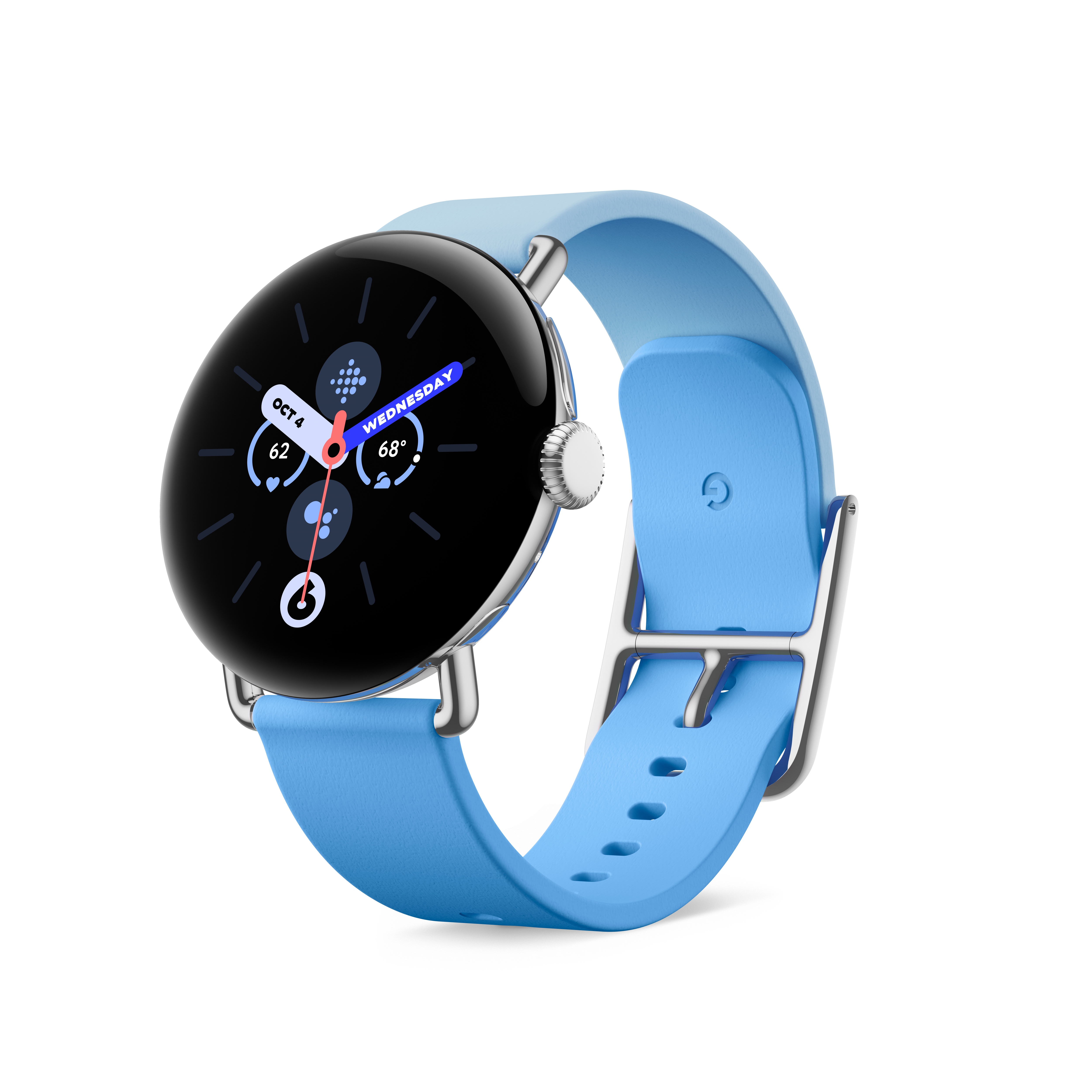
The new Pixel Watch 2 has a full suite of health sensors, a beautiful edge-to-edge display, a powerful and efficient Snapdragon chip, and free Fitbit Premium access to tempt you.

Michael is Android Central's resident expert on wearables and fitness. Before joining Android Central, he freelanced for years at Techradar, Wareable, Windows Central, and Digital Trends. Channeling his love of running, he established himself as an expert on fitness watches, testing and reviewing models from Garmin, Fitbit, Samsung, Apple, COROS, Polar, Amazfit, Suunto, and more.
